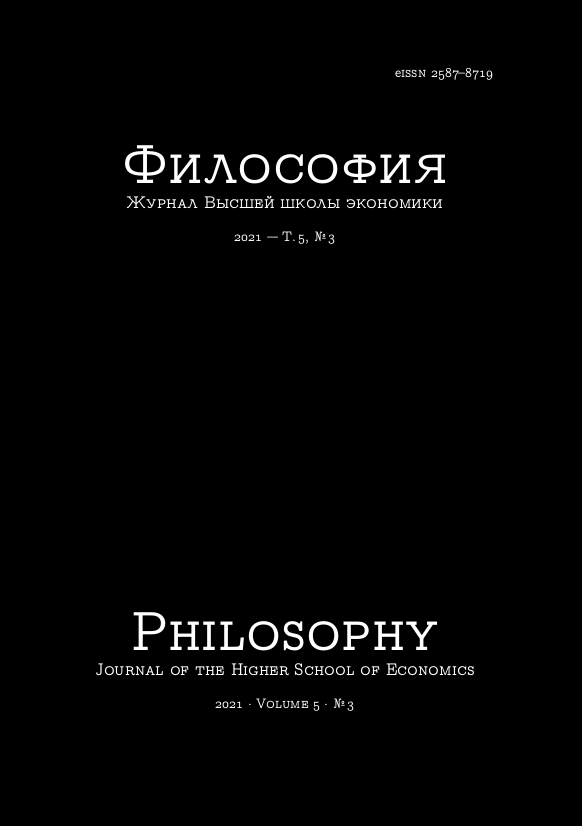“Without Beauty You Won't Invent a Nail”
Ontological Interpretation of the Category of “the Beautiful”
Abstract
Anti-nihilist novel “The Possessed” was first conceived as a political pamphlet and therefore had a powerful satirical tendency, directed against the utilitarianism. The polemic against “ideas of avant-garde” constitutes the center of the theoretical conflict concerned the problem of the good and the esthetics. To resolve this issue, the author suggests the broad interpretation of the category of “the beautiful”, which forms after all a holistic vision of the “positive aesthetics” (V. Solovyov) presented in the monologues of Stepan Trofimovich Verkhovensky. The apotheosis in the development of this theme occurs in the pathetic hymn to the Beauty, pronounced at the «literary readings». The article puts forward an ontological interpretation of this speech. Considering beauty as an integral part of the triune idea (truth, goodness and beauty), one can come to the conclusion that the beautiful, understood as God (Dostoevsky) and the idea (Plato), is a creating, but not a created substance, and any of the good, accomplished on earth, has its cause in the eternally equal realm of harmony and only from there's derived. To confirm the original thesis, the author refers to the texts of V. Solovyov, N. Berdyaev and others. However, it's the dialogues of Plato (“Hippias Major”, “Symposium”, etc.), which stand as a theoretical ground of the interpretation and allow us to comprehend the category of the beautiful from a new perspective in its relation to the utility and the good.
Downloads
Copyright (c) 2021 Philosophy. Journal of the Higher School of Economics

This work is licensed under a Creative Commons Attribution-NonCommercial 4.0 International License.






